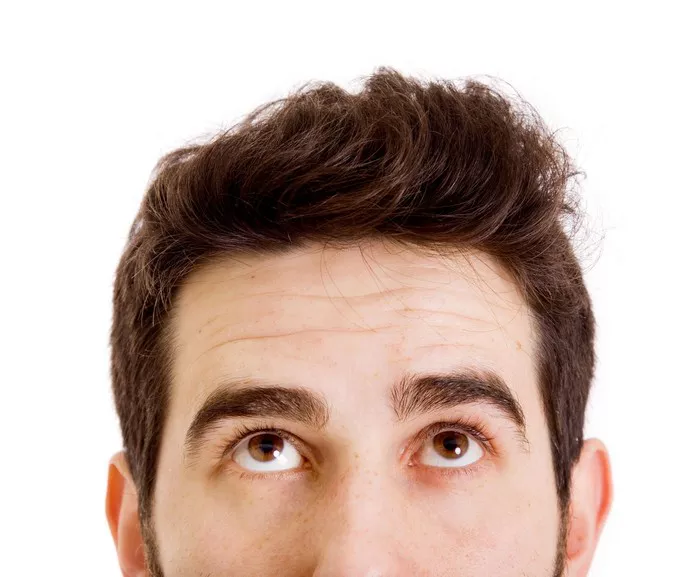Hair loss is a widespread concern affecting individuals of all ages and backgrounds. While various factors contribute to this issue, nutritional deficiencies have gained attention in recent research. One such deficiency that has been explored in connection with hair loss is the inadequate intake of omega-3 fatty acids. In this article, we delve into the potential link between omega-3 deficiency and hair loss.
The Significance of Omega-3 Fatty Acids:
Omega-3 fatty acids, specifically eicosapentaenoic acid (EPA) and docosahexaenoic acid (DHA), are essential components of a healthy diet. These fatty acids are categorized as polyunsaturated fats and are known for their anti-inflammatory properties. While they play a crucial role in cardiovascular health, brain function, and skin health, emerging research suggests a potential link between omega-3 deficiency and hair loss.
The Hair Follicle Connection:
Hair follicles, responsible for hair growth, are highly sensitive to nutritional deficiencies. Omega-3 fatty acids contribute to the formation of cell membranes, including those of hair follicles. A deficiency in omega-3s may compromise the structural integrity of these cell membranes, leading to weakened hair follicles and subsequent hair loss. Additionally, omega-3s are known to have anti-inflammatory effects, which can be vital for maintaining a healthy scalp environment conducive to hair growth.
Omega-3 Deficiency and Inflammation:
Chronic inflammation is a factor that can contribute to various health issues, including hair loss. Omega-3 fatty acids are renowned for their ability to reduce inflammation in the body. When omega-3 levels are insufficient, inflammation may become prolonged and adversely affect the hair growth cycle. This inflammatory response can lead to conditions such as telogen effluvium, a type of hair loss characterized by excessive shedding due to disruptions in the hair growth cycle.
The Research Perspective:
Scientific studies have provided insights into the potential association between omega-3 deficiency and hair loss. A study published in the Journal of Cosmetic Dermatology explored the effects of omega-3 supplementation on hair density and thickness. The results indicated that individuals with increased omega-3 intake experienced improvements in hair growth parameters. While more research is needed to establish a definitive link, these findings suggest a promising avenue for exploring the role of omega-3s in hair health.
Omega-3s and Hormonal Balance:
Hormonal imbalances, particularly those related to androgens, are known contributors to hair loss. Omega-3 fatty acids may influence hormonal balance, potentially mitigating the effects of androgens on hair follicles. Some studies suggest that omega-3s can modulate the production of hormones related to hair growth, providing a protective effect against hormone-induced hair loss.
Incorporating Omega-3s for Hair Health:
To address omega-3 deficiency and support overall hair health, individuals can focus on incorporating omega-3-rich foods into their diets. Fatty fish such as salmon, mackerel, and sardines are excellent sources of EPA and DHA. Plant-based options like flaxseeds, chia seeds, and walnuts provide alpha-linolenic acid (ALA), a precursor to EPA and DHA. Considering the importance of omega-3s in hair follicle structure and inflammation modulation, a well-balanced diet that includes these sources can contribute to maintaining healthy and vibrant hair.
Supplementation Considerations:
In some cases, dietary sources may not be sufficient to meet the body’s omega-3 requirements. In such instances, supplementation can be considered under the guidance of a healthcare professional. Omega-3 supplements, including fish oil capsules or algae-based alternatives for those following a vegetarian or vegan diet, can help bridge the nutritional gap and support overall health, including hair health.
See Also: [Revealed!] Choosing the Right Patanjali Shampoo for Hair Loss
Conclusion:
While the link between omega-3 deficiency and hair loss continues to be explored, the evidence suggests that these essential fatty acids play a crucial role in maintaining optimal hair health. From supporting the structural integrity of hair follicles to modulating inflammation and hormonal balance, omega-3s offer a multifaceted approach to promoting vibrant and resilient hair. As part of a comprehensive strategy for addressing hair loss concerns, individuals may benefit from ensuring an adequate intake of omega-3 fatty acids through both dietary choices and, when necessary, supplementation, under the guidance of healthcare professionals.


